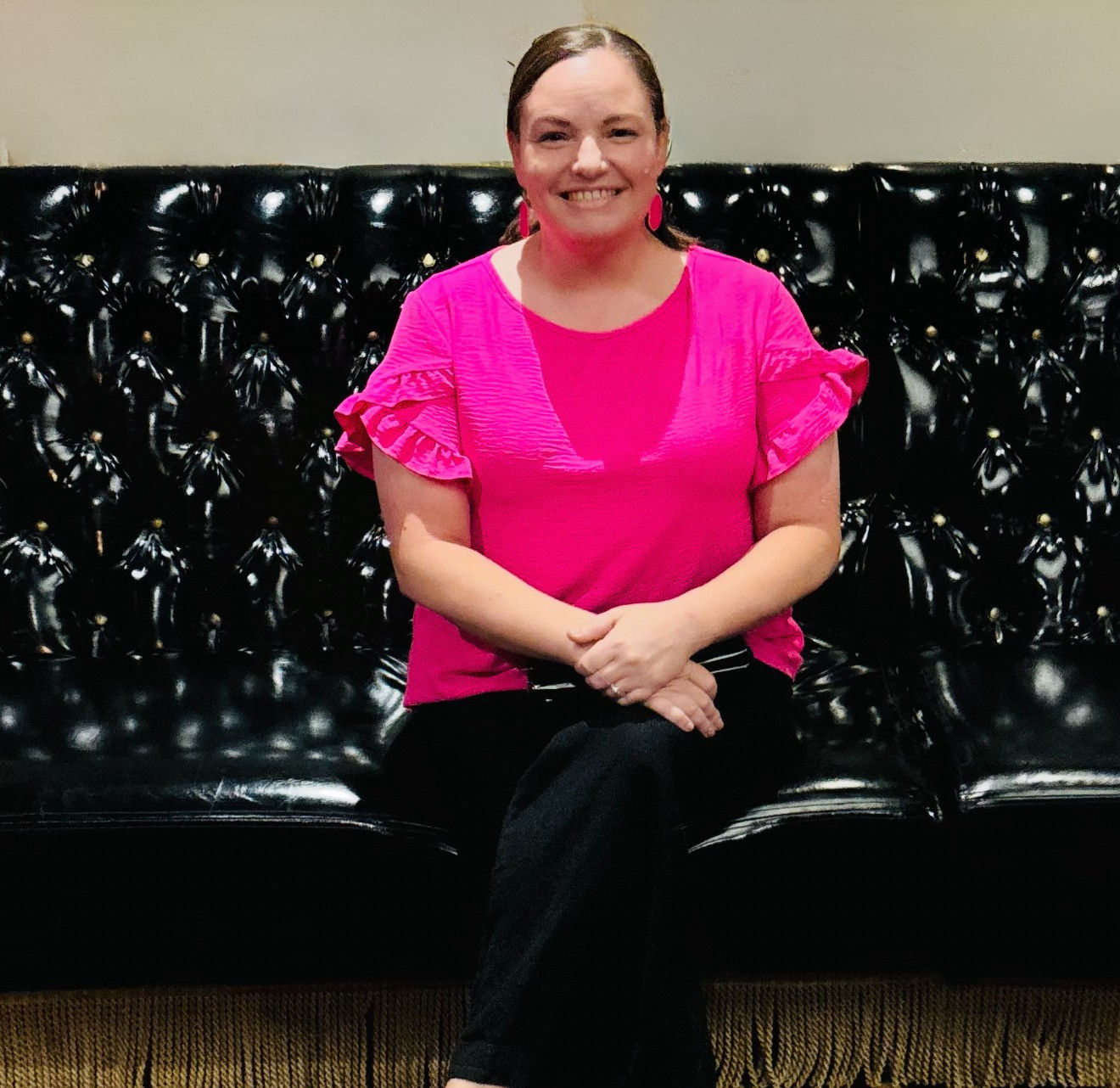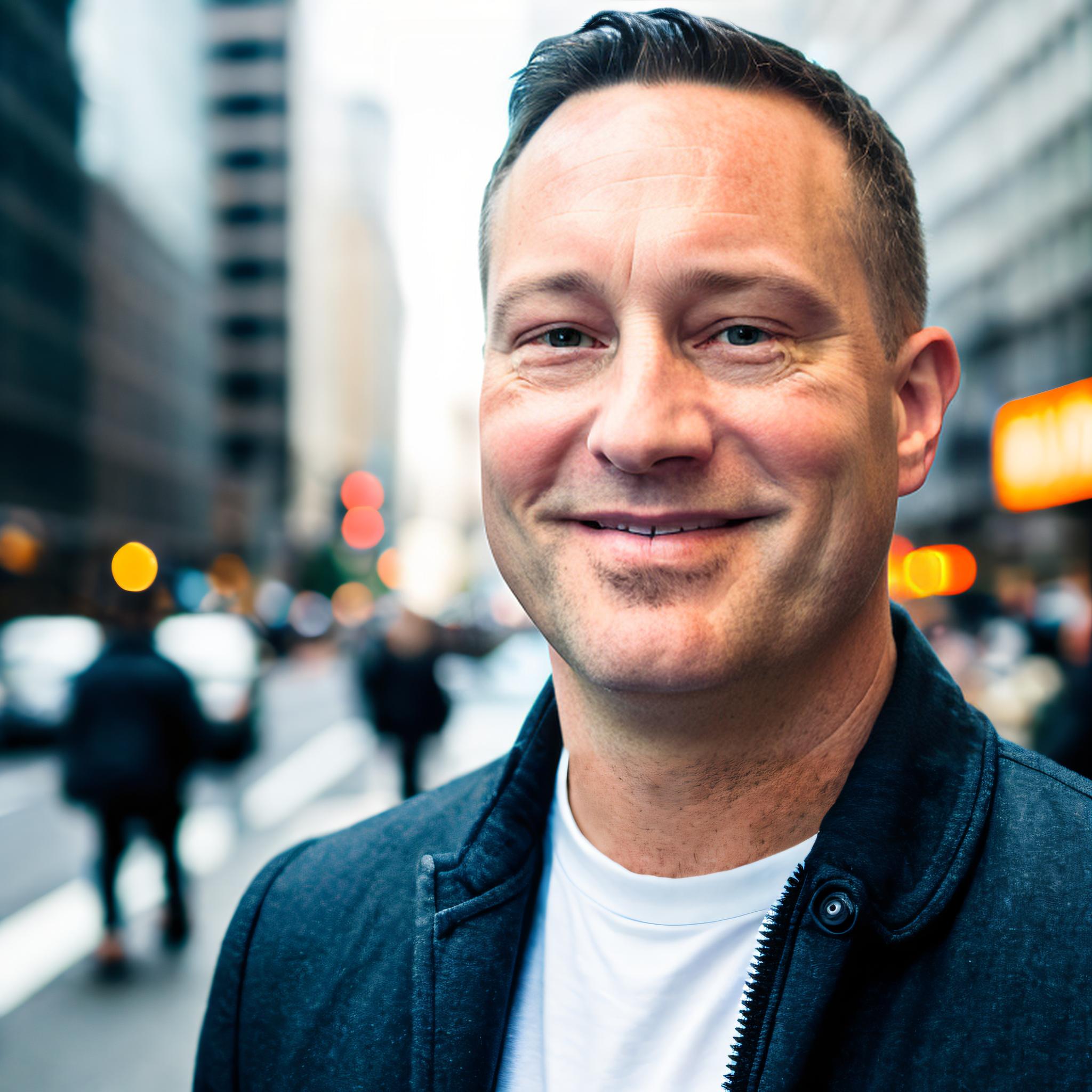Bringing the joy back to special education teachers
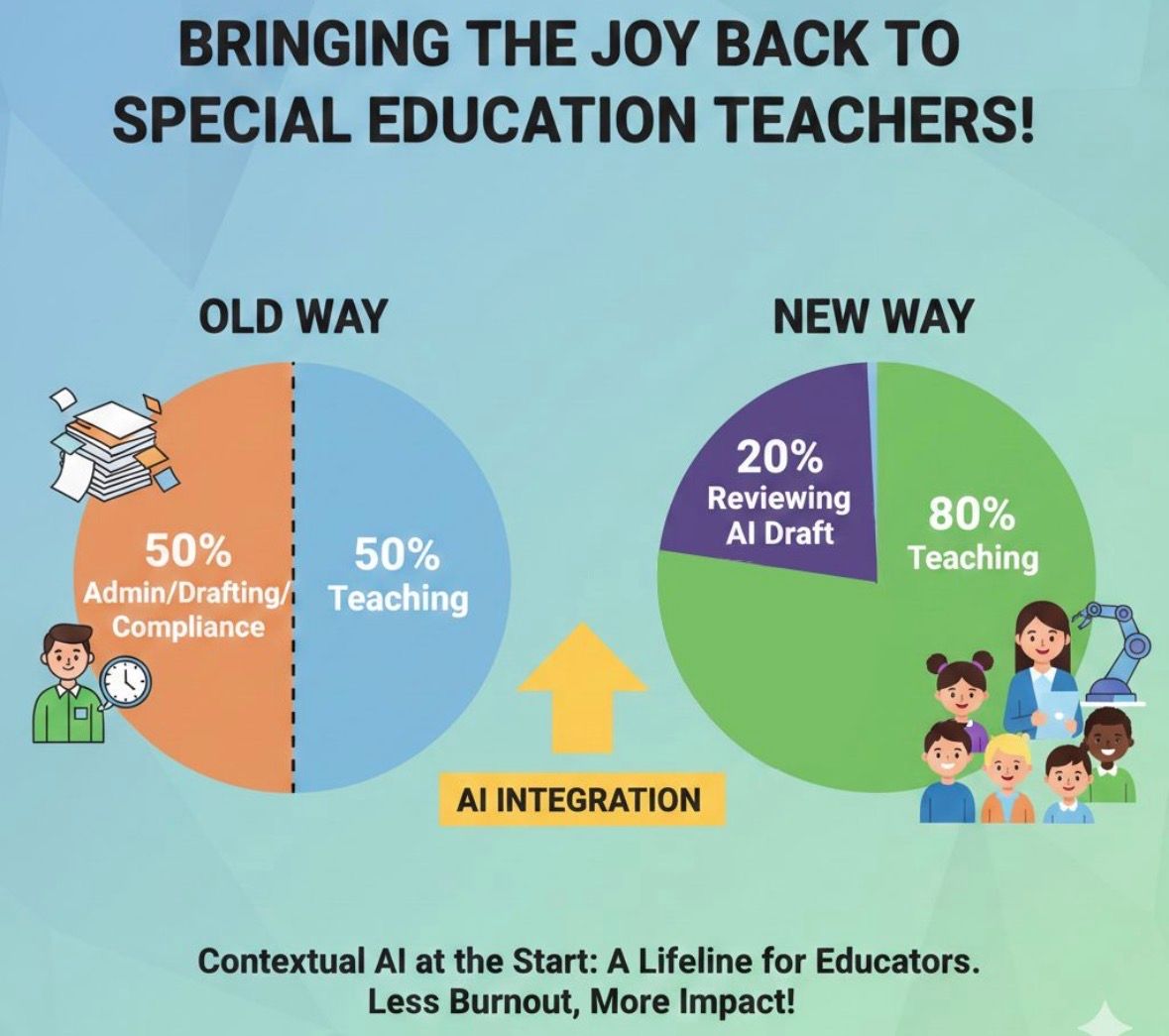
What is your go to strategy?
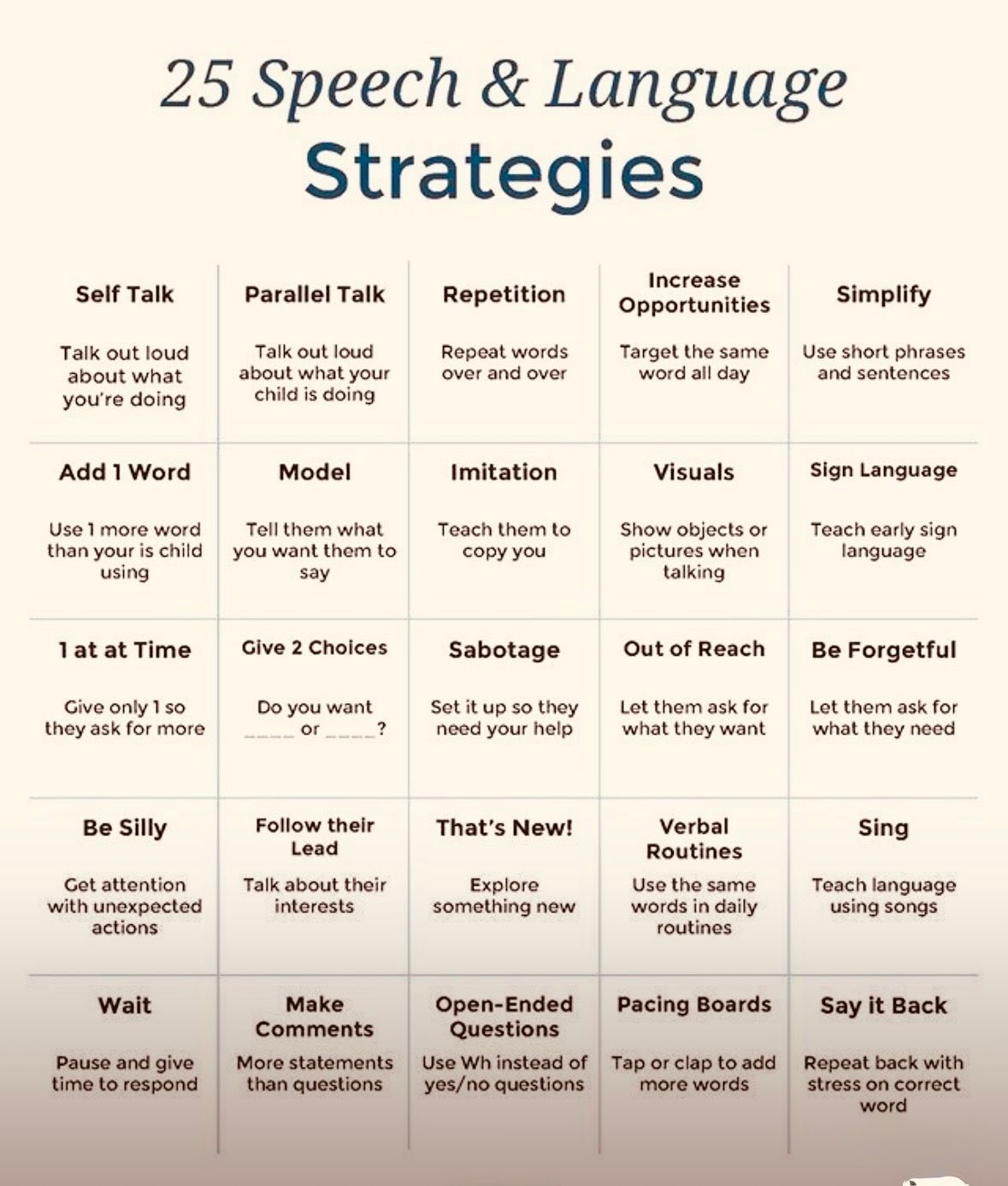
Educational Therapist | Adaptive Learning & Literacy Specialist
What are your go to survival tips for 2026?
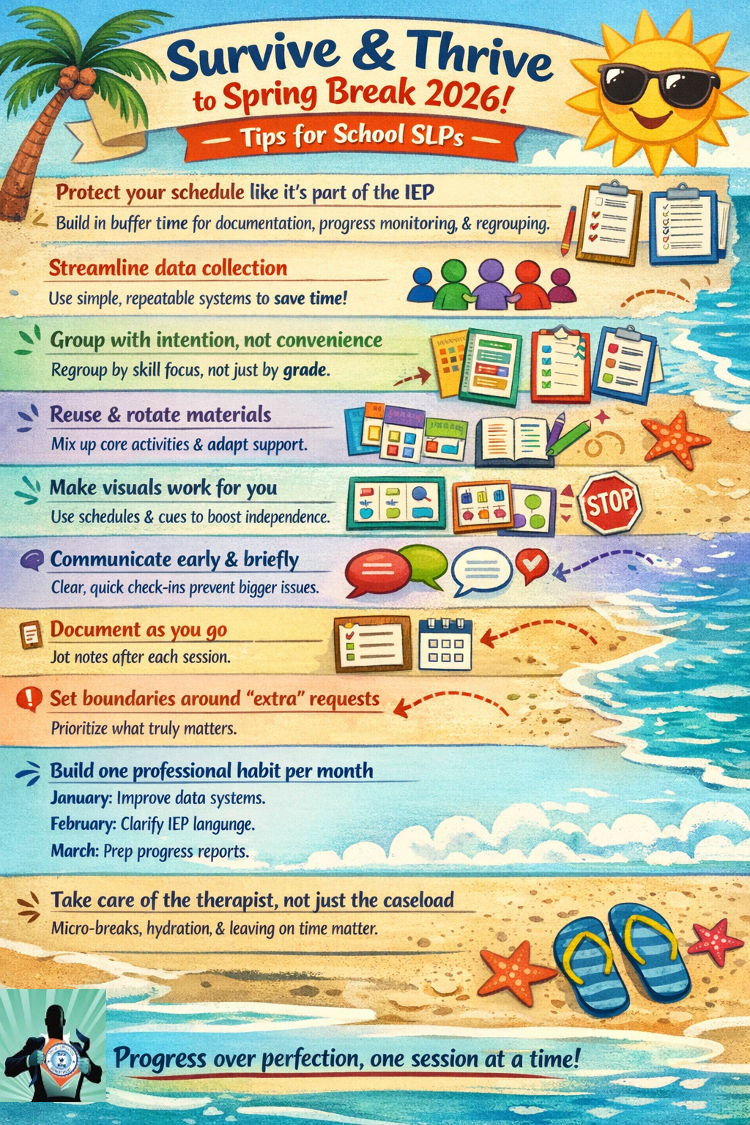
Finally Leave Work at 5pm. Every Day. | EASI fo...
SLPs spend 15+ hours a week on paperwork. Caseloads of 60, 70, even 80 students. IEPs that take hours to prep, run, and follow up. Scheduling that feels like solving a Rubik's cube blindfolded. And after all that, you still have to find time to actually do therapy.
Research shows that when caseloads cross 45 students, nearly half of SLPs say their workload is unmanageable. At 60 or more, that number climbs to 70%. And 75% of school-based SLPs have considered leaving the field entirely.
We built EASI because we are SLPs, and we have lived this.
EASI is a HIPAA-secure platform that includes MySLP (My Second Look Protocol), a clinical assistant trained on every state's IEP eligibility criteria and years of proprietary clinical data. It does not think for you. It helps you verify whether your clinical decisions are sound or need a second look.
The platform also includes language sample analysis that transcribes speech in context, including filler words and disfluencies, and calculates MLU, IPSyn, percentage of consonants correct, and more. Coming soon: a record review feature that compiles your test scores, previous reports, and IEPs into comprehensive evaluations.
And yes, MySLP can help with scheduling. Put your caseload and available times in, and it generates a schedule for you.
We are looking for beta testers before our early 2026 launch. If you want early access, sign up here.

Special Education Teacher Salaries Around the W...
If you are planning your next move in special education, it helps to see real numbers in one place. This guide summarizes hourly and annual figures across regions and includes simple USD conversions for apples to apples comparison. It also highlights why pay differs by setting and credentials.
Read the full blog: https://www.liricare.com/blog/special-education-teacher-salaries-around-the-world-in-2025-2026
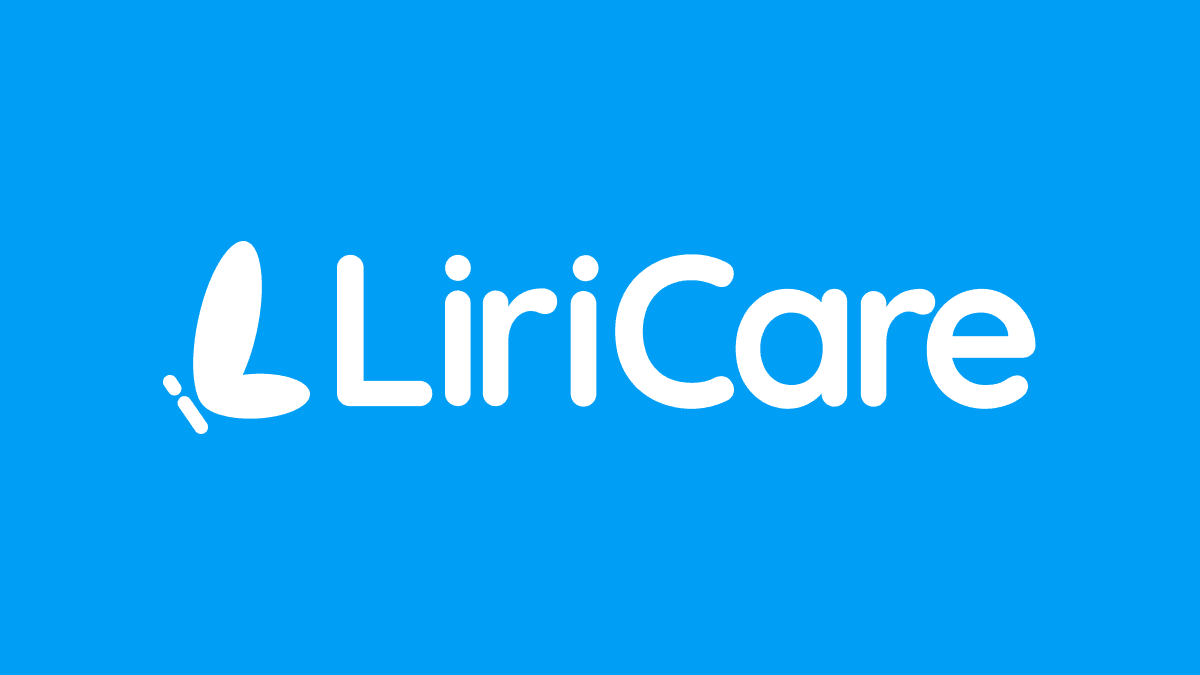
Factors That Influence Time:
1. Experience Level: Familiarity with district systems and templates can reduce IEP writing time by 40–60%.
2. Caseload Size: Larger caseloads often mean batching data collection and progress monitoring, improving efficiency.
3. Digital Tools: AI-based documentation or automated progress systems (like those used in Liricare) can reduce total time by 1–2 hours.
4. Collaboration Quality: Strong team coordination (especially with special ed teachers and parents) significantly shortens the revision cycle.
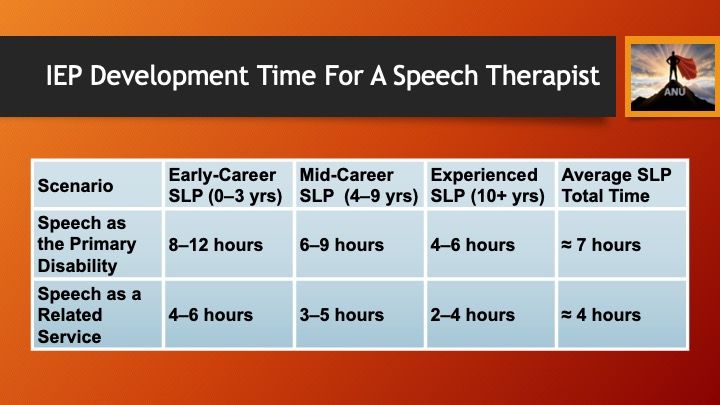
Let’s Explore Non-Traditional Career Paths for ...
Teaching doesn’t have to be limited to the classroom. From teletherapy and curriculum design to consulting, research, and edtech, special educators today have more options than ever to build meaningful and flexible careers.
Read our latest blog to explore non-traditional career paths in special education, and find new ways to apply your skills beyond the traditional setting.
👉 Read the full blog on Liricare: https://www.liricare.com/blog/let-s-explore-non-traditional-career-paths-for-special-education-teachers

EASI: Speech & Language Analysis for Clinical a...
School-based SLPs, we're seeking clinical partners for EASI beta testing. This evaluation platform was developed through National Science Foundation Phase 2 funding by a team of speech-language pathologists, data scientists, engineers, and special educators.
EASI provides comprehensive analysis in 15 to 30 minutes, record review reports, and secure AI assistance for case consultation. The system helps you brainstorm complex cases, verify your clinical findings, and develop therapy plans within a HIPAA and FERPA compliant environment. Unlike general AI platforms, EASI was purpose-built for clinical workflows with student privacy protections integrated from the ground up.
Join the beta program at Liricare.com. Your feedback will shape tools designed by field experts who understand the demands of school-based assessment and the ethical requirements of working with student data.
Sign up to be a beta tester today! https://easi-as.com/#card-v1ul56zcfdrd9j5


